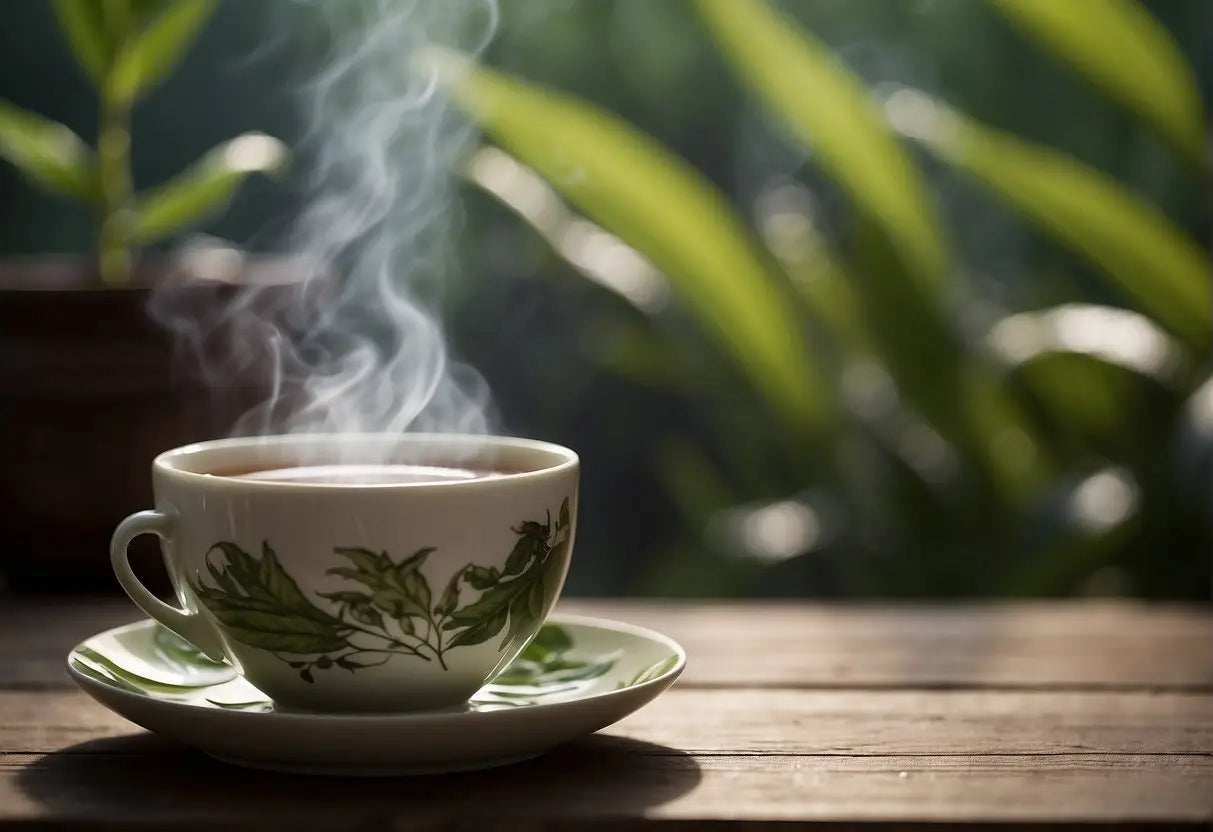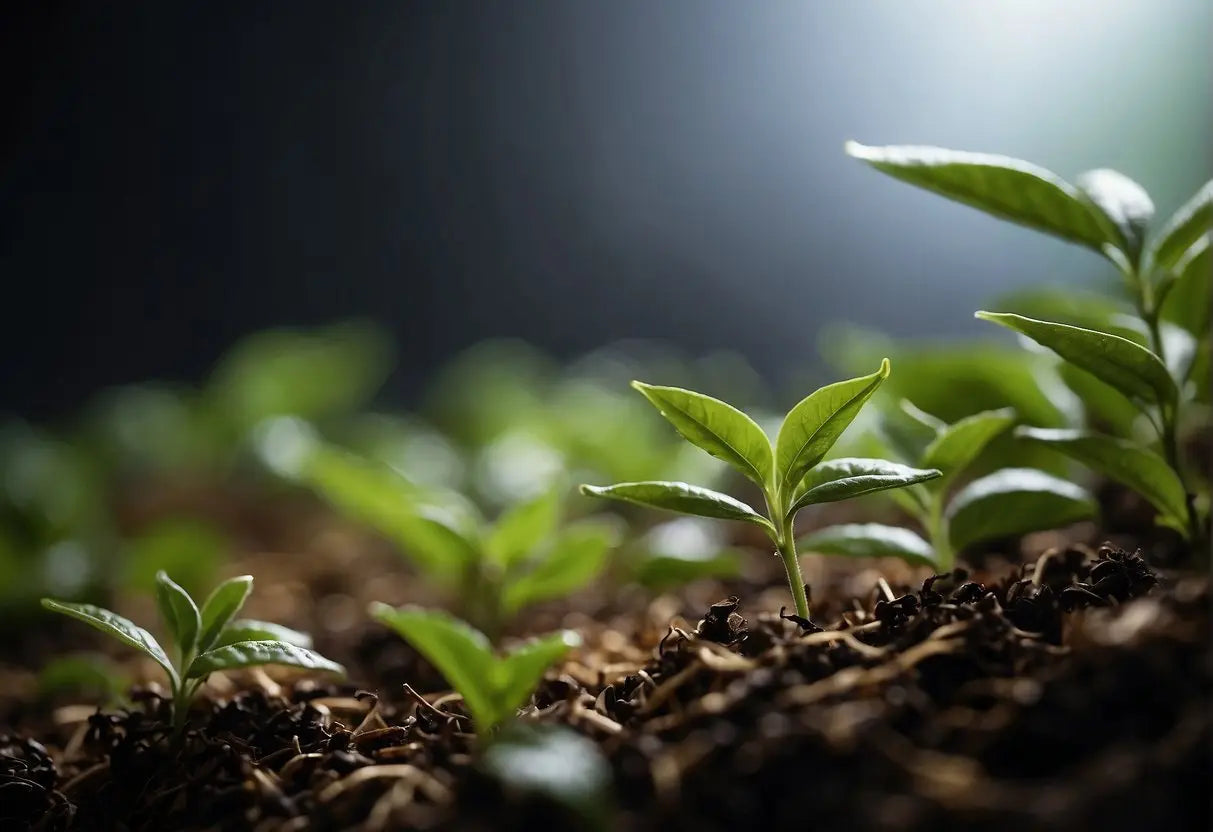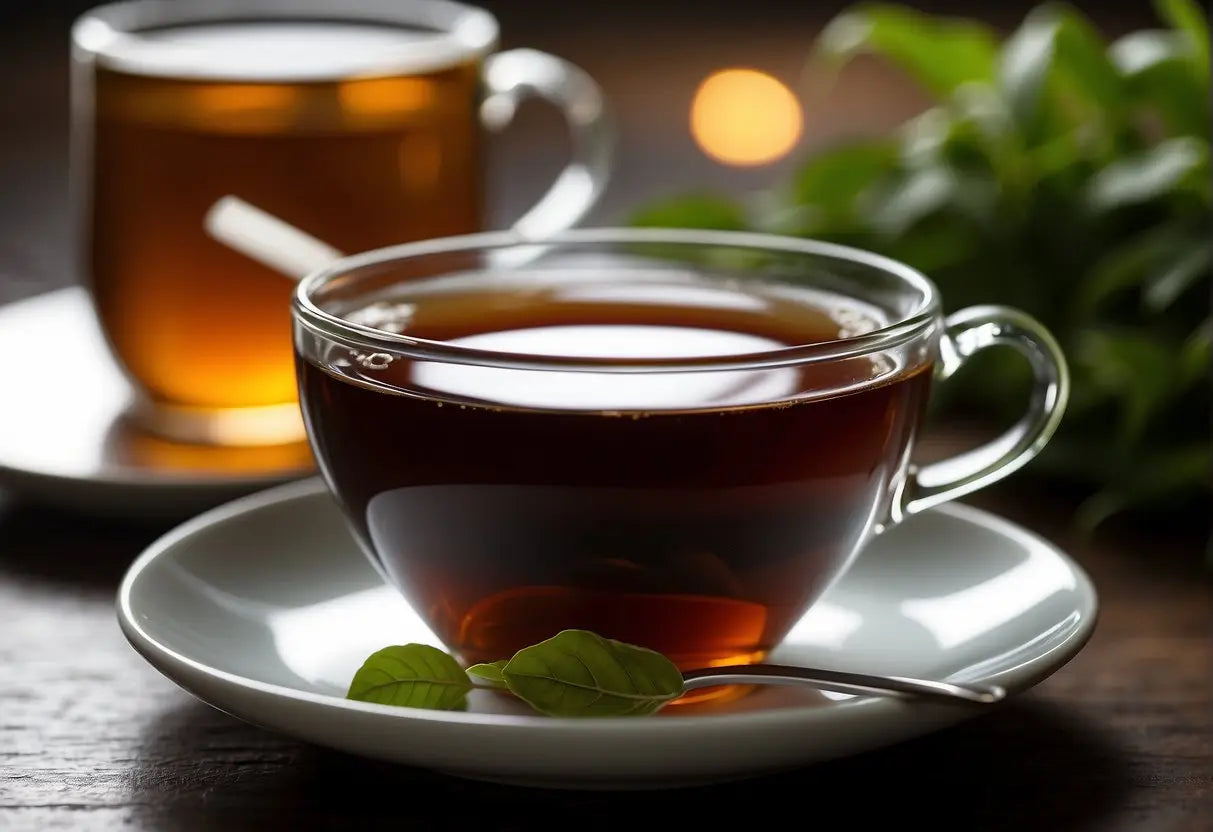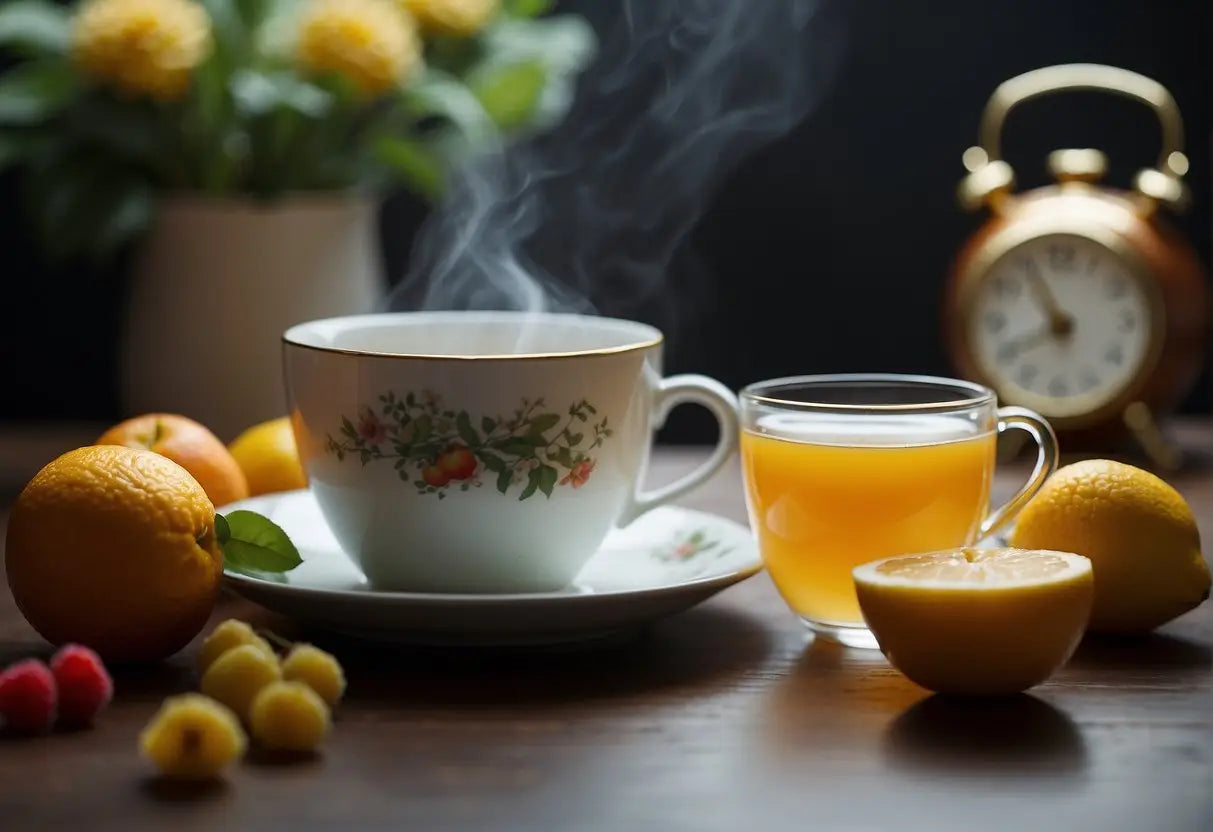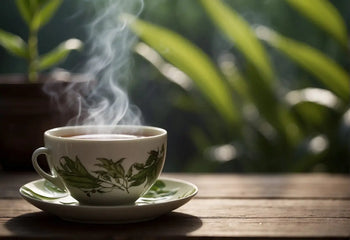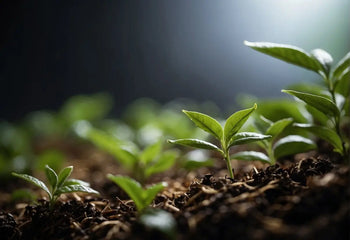Pu-erh Tea Pregnancy Safety
Pu Erh tea, a type of fermented tea, originates from the Yunnan province of China. Recognized for its distinctive preparation method, Pu Erh undergoes a fermentation process that can last for months or even years. Characteristics: Color: Deep, dark red to brown Taste: Rich, earthy, and often woodsy Aroma: Complex, ranging from floral to musty Types: Raw (Sheng): Traditionally aged natural fermentation Ripe (Shou): Accelerated fermentation process Processing Steps: Harvesting: Selecting the Camellia sinensis leaves. Withering: Reducing moisture content to soften leaves. Rolling: Shaping the leaves and aiding enzyme oxidation. Fermentation: Oxidizing under controlled conditions. Drying: Stopping fermentation and reducing...
How is Tea Fermented
In tea production, fermentation refers to the oxidation process of tea leaves which influences flavor, color, and aroma. Definition of Tea Fermentation Tea fermentation is not fermentation in the traditional biological sense where microorganisms such as yeast and bacteria induce changes. It's actually an oxidative process that begins as soon as the tea leaves are plucked and enzymes within the leaf cells are exposed to air. Types of Tea Fermentation Tea can undergo various levels of fermentation, each producing different types of tea: Green Tea: Minimal oxidation, where leaves are heated shortly after harvest to deactivate enzymes. White Tea: Very...
How Many Calories in Black Tea
When you enjoy a cup of black tea, you're consuming a beverage with very low calories. A standard 8-ounce (240-milliliter) serving of black tea contains approximately 2 calories. The minimal caloric content arises from trace amounts of carbohydrates present in the tea leaves, which steep into the water. It's important to note that this figure pertains to plain black tea without any additions. Here's a breakdown: Plain black tea (8 oz): 2 calories Should you decide to enhance your tea with additives, the caloric value changes: 1 teaspoon of sugar: +16 calories 1 tablespoon of whole milk: +9 calories 1...
When Fasting, Can You Drink Tea
Shop our Pu Erh Tea collections! When you fast, understanding which beverages are permissible is vital for maintaining the integrity of your fast. Fasting protocols differ, so the allowance of certain drinks, like tea, can vary based on the type of fast you follow. Religious Fasts: In many religious fasts, such as those in Islam (e.g., Ramadan), any liquid, including tea, breaks the fast. However, in other faiths, there may be more leniency. Intermittent Fasting: This fasting approach typically involves a daily cycle of fasting and eating. It's commonly accepted that you can consume zero-calorie beverages during your fasting hours,...
Recent articles

